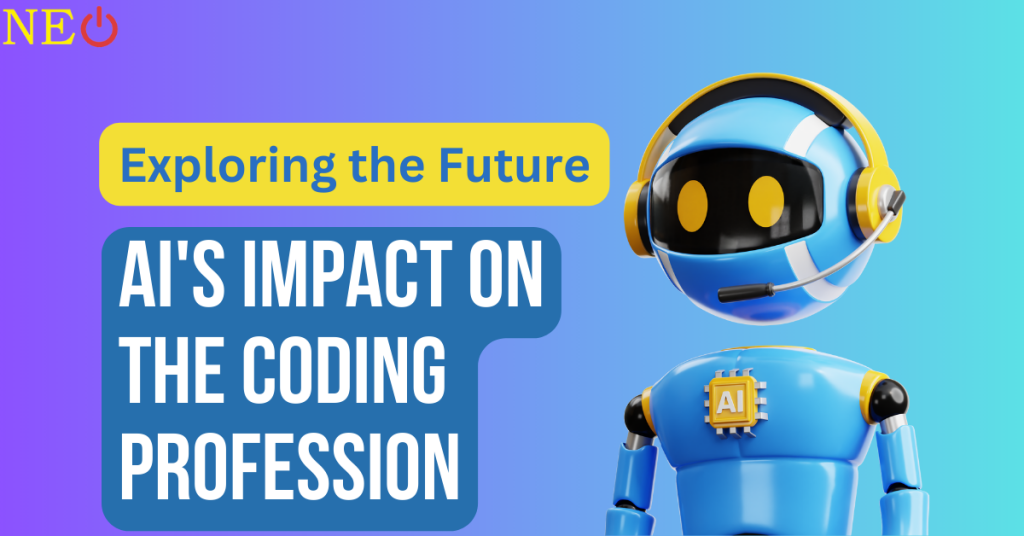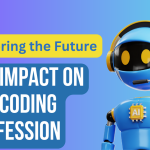Artificial intelligence (AI) has become a powerful force in the rapidly changing technological world, transforming sectors and the way people approach work. One of the problems that comes up is if AI will ever take the position of programmers altogether. We explore this subject in-depth in this blog post, looking at how AI may affect the coding industry.
AI's Influence on Programming
Programming has advanced significantly thanks to artificial intelligence (AI), which has brought machine learning algorithms and automated code generation tools that improve code quality, speed up development, and increase productivity. But it's crucial to understand that AI is a tool, not a replacement for human programmers.
The Importance of Human Creativity
Coding entails more than merely transcribing lines of code—it demands critical thinking, problem-solving prowess, and a touch of creativity. While AI can streamline repetitive tasks and aid in code completion, it lacks the human capacity for creativity and adaptability. Human coders bring a unique perspective, devising inventive solutions to complex problems, rendering them indispensable in the coding realm.
AI as a Collaborative Aid
AI enhances programmers' skill set and serves as a collaborative tool, not replacing them. For example, AI-driven code review tools enable programmers to concentrate on higher-level programming elements by identifying possible errors and vulnerabilities. This cooperative synergy increases productivity and guarantees that the finished product complies with established guidelines.
Recognizing AI's Coding Limitations
Even with its advances, AI still faces some coding-related constraints. AI models mostly rely on training data, which might produce biased results if it is distorted or missing. Furthermore, AI can make mistakes in unfamiliar or unexpected situations that call for human judgment and flexibility. These limitations highlight the critical role played by human coders who are able to understand project nuances and make wise decisions.
Evolution of Coding Skillsets
Programmers' skill sets must also advance as AI does. Coders need to learn new skills like data analysis, algorithm design, and project management in order to collaborate with AI. Coders should not be afraid of being redundant; instead, they should see AI as a source of innovation and use its powers to efficiently supplement their knowledge.
Navigating Job Market Dynamics
The employment landscape will unavoidably change when AI is incorporated into code. Even while some monotonous coding work can be automated, new possibilities will arise where human and AI skills must be combined. Coders will always be in demand if they can effectively use AI technology and adjust to changes in the industry. It's critical to keep up with new trends and develop adaptable skill sets in order to successfully navigate the changing employment market.
While AI has undoubtedly changed the way that people code, it hasn't completely replaced human developers. Creativity, critical thinking, and flexibility are vital human traits. Coders should welcome AI as a collaborative ally and use its potential to advance their skills rather than seeing it as a threat. Coders can survive the rise of automation and traverse the ever-changing technological landscape by developing with AI.








